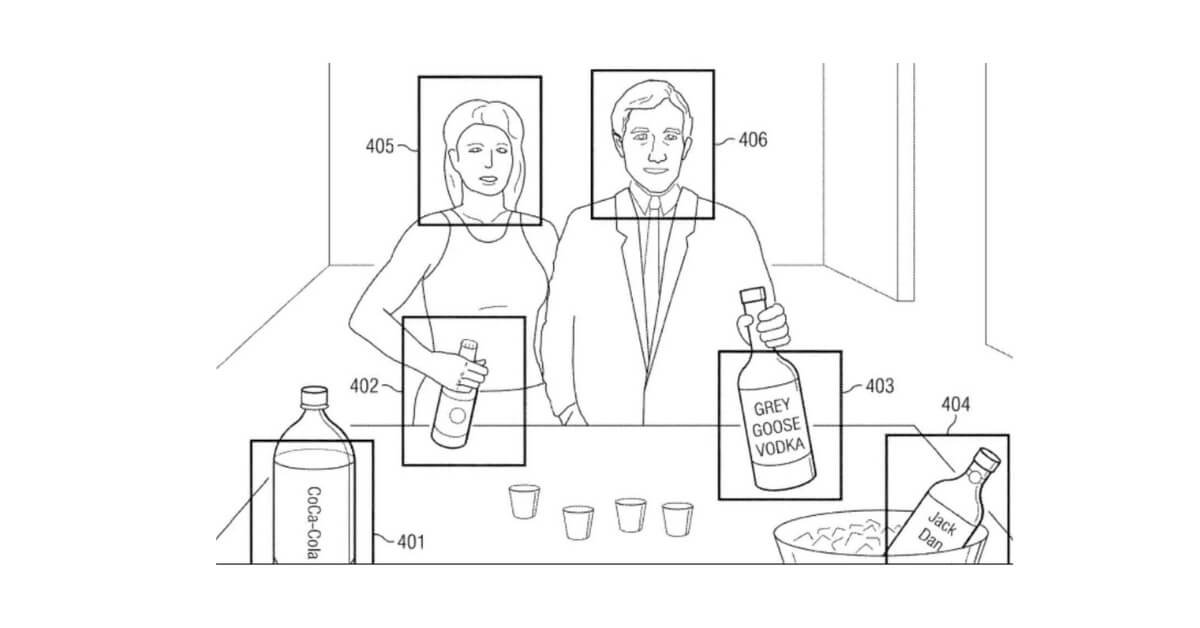Facebook is actively looking for yet more ways to monetize the vast troves of personal data it harvests from users and is wasting no time filing patents to protect these ideas – while the US Patent and Trademark Office seems to be wasting no time granting them.
With the advent of machine learning, images are becoming particularly interesting to such operations. Last year, the social media powerhouse submitted a patent detailing a way to analyze photos uploaded to its platform to carry out demographic data mining by means of “deep learning” techniques, and better target entire families with relevant ads.
Now the company has been granted a patent for a method to automatically scan photos uploaded by users to recognize any products that might appear in them. These images would then be sold to the companies that made the products, who could use the originals as ads targeting other subscribers on the social media network.
Britain’s Telegraph newspaper is reporting about this, remarking that the wording of the patent makes it unclear if users would have a chance to opt out of the process – but if and when Facebook puts the patent to use, everyone uploading images to its servers will have been automatically opted in.
If a user has restricted access to their photos only to friends, only they will be targeted with these ads – that will sell whatever is identified in the pictures, such as drinks and food brands. In the filing, Facebook also spells out its interest in learning about the activities of its users beyond their online presence – i.e., “in the real world.”
And while it’s been something of a trend lately for brands to turn to “regular people” instead of stars and models to promote their products, most of them do not apply quite so invasive methods: people are usually invited to opt-in, and earn rewards for their participation.
By contract, Facebook seems to plan to put its users to work without consent or compensation of any kind, potentially compromising their privacy through a controversial practice. Color us surprised.













